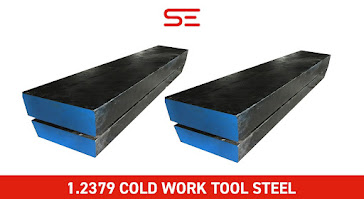Why These Machined Plates Are the Best for You
The suitability of machined plates for specific applications depends on several factors, including the requirements of the project, the materials being used, and the desired level of precision. While there are various types of machined plates available, some key reasons why they might be considered the best choice for certain applications include:
Precision: Machined Plates are known for their exceptional precision. They are manufactured to meet tight tolerances and flatness specifications, making them ideal for applications where accuracy is critical.
Flatness: These plates are designed to have an exceptionally flat surface. This flatness is essential in situations where workpieces or measurements must be made on a level plane.
Versatility: Machined plates are versatile and can be used in various industries and applications, from manufacturing and toolmaking to metrology and research. They serve as a stable reference surface in a wide range of settings.
Customization: Machined plates can be customized to meet specific project requirements. This includes selecting the material, size, and surface finish that best suits the application.
Stability: They are stable and resistant to warping or distortion over time. This ensures that their precision remains consistent, even under changing environmental conditions.
Reduced Machining Costs: Using machined plates can help reduce the need for additional machining operations on workpieces, saving time and costs in manufacturing processes.
Quality Assurance: In industries where quality control and assurance are paramount, machined plates provide a reliable foundation for ensuring the accuracy of measurements and manufactured components.
Longevity: With proper maintenance, machined plates can have a long lifespan, making them a cost-effective investment for businesses and organizations.
Certifications: Some machined plates may come with certifications or compliance with industry standards, such as ISO or NIST standards, which can be crucial for specific applications.
Smooth Surface Finish: The surface of machined plates typically has a smooth and uniform finish, which is important for applications where contact with other objects or materials must be frictionless.
Research and Development: Machined plates are commonly used in research and development settings, where precision and consistency are essential for experiments and testing.
Toolmaking: In tool and die manufacturing, machined plates are often used as a foundation for producing precision tools and molds.
When considering the Best Machined Plates for your needs, it's essential to assess the specific requirements of your project or application. Factors such as material selection, size, flatness specifications, and budget should all be taken into account to ensure that the chosen machined plates meet your expectations and deliver the desired level of precision. Additionally, consulting with experts or suppliers in the field can provide valuable guidance in selecting the right machined plates for your unique requirements.




Comments
Post a Comment